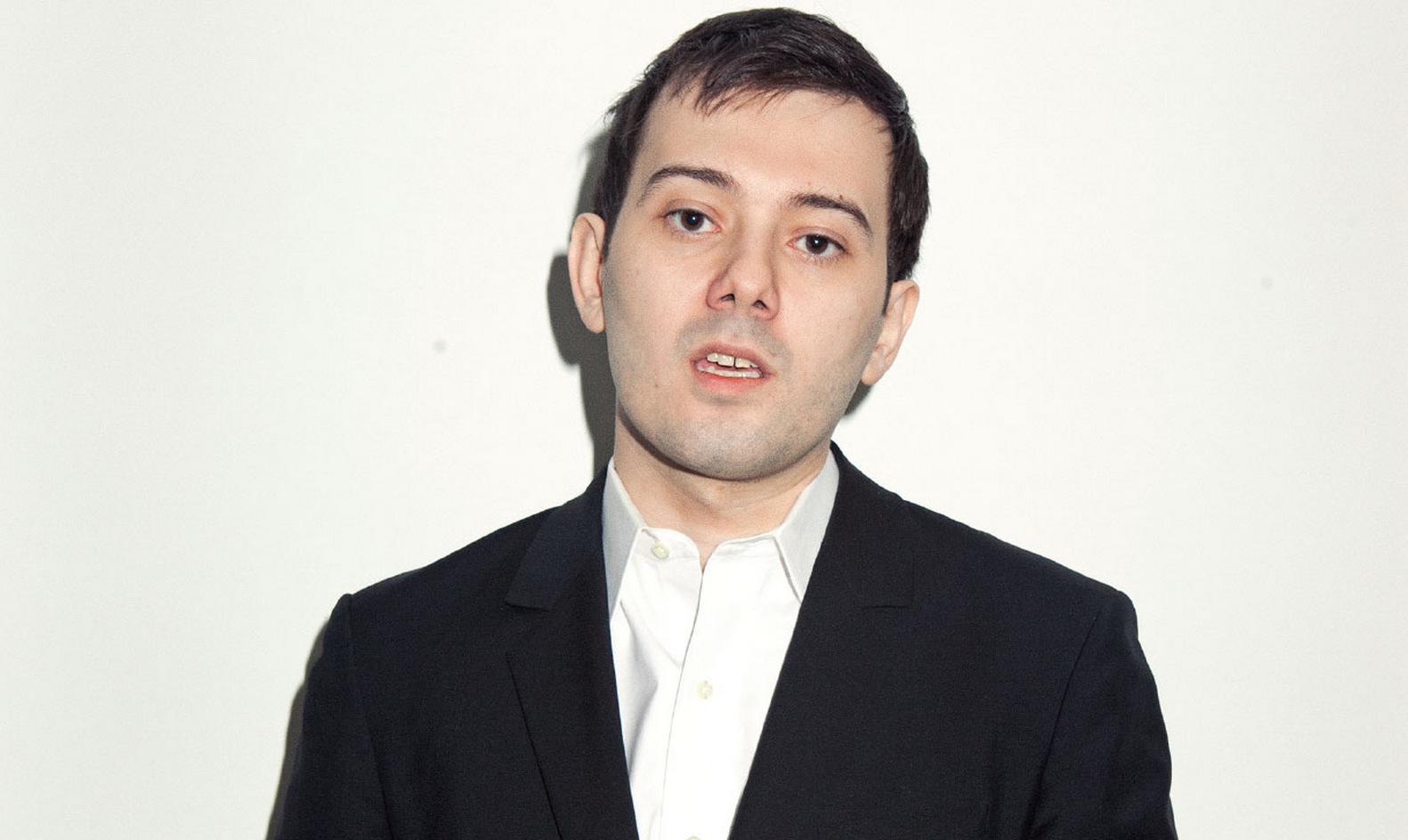Pharmaceutical CEO Is Predictably Douchey, Everybody’s Angry
[dropcap size=small]T[/dropcap]his week, news came out that a life-saving drug invented in 1953 was recently acquired by a pharmaceutical company and the price was quickly raised from $14 a tablet to $750 a tablet. This price spike has created a flurry of outrage about greedy pharmaceutical companies, and most of it has been directed specifically towards Turing Pharmaceuticals’ CEO, Martin Shkreli.
TLR Editor Austin Petersen’s Morning Podcast Was On This Topic. Listen Here:
Much of this public outcry has led to many questions: Who is this douchebag and why did he raise the price? What are patients supposed to do? Why are drugs so expensive in the first place? What would libertarians do about this?
Martin Shkreli is a former hedge fund manager. This is not the first time he’s used a company to acquire the rights to a drug and jack up the price. The last time he did was in 2014 while CEO for Retrophin Inc, and he was fired.
As of Tuesday, it appears that Martin Shkreli has heard the roar of public opinion and has announced he will lower the price, though there’s been no news on exactly what the new price will be.
Though there are many reasons libertarians might claim that this problem that wouldn’t happen in the first place without the FDA and patent law, I’d like to point out that the other way that a libertarian society would handle unfair pricing is consumers turning on companies through various forms of awareness (or “shaming”) campaigns. Such as what just happened in the last three days. No law needed, just social fury, as the social justice crowd has proven repeatedly.
Daraprim is a drug that fights toxoplasmosis. Toxoplasmosis is particularly dangerous for individuals who have weakened immune systems, such as pregnant women and AIDS patients. Daraprim was purchased by Turing Pharmaceuticals on August 10th, 2015 for $55 million. Drug prices rising upon ownership changing hands is pretty common. The percentage of this increase is what is so notable about it.
We all understand that prescription drugs tend to be expensive (if not for us, then for our insurance companies). It’s a common complaint, and it’s worth it to take a moment to understand why.
Those who understand how research and development works know that new medications cost tremendous amounts to create. Though a single pill of a medication may, in actual production, cost $2 to manufacture, the first pill of it might’ve cost millions to invent. According to some studies, research and development is up to $2.5 billion. This is the cost for a single drug, except that due to the high-failure rate of pharmaceutical research, this number often includes the expense of the failures for which there will never be a way to recoup costs. Other studies, and a book called The $800 Million Pill: The Truth Behind the Cost of New Drugs, puts the costs of new medications below a billion dollars.
Why are medications so expensive to manufacture? Besides the obvious thing about the miracles of modern medical science requiring a lot of trial, error, education and experimentation, there’s also the fact that the FDA must approve drugs before they can be sold.
On average, it takes over 12 years to get a drug from laboratory to pharmacy shelves.
Once a drug has been successfully developed in a laboratory, there will be three to four years of testing before an application can be sent to the FDA, which can then approve trials on humans. Only 1 in 1000 different drug compounds developed in a laboratory is likely to make it to human testing.
The process of human testing (for safety and effectiveness) is another three years. One in five drugs makes it through human testing. Upon successful completion of that step, the company submits an application averaging 100,000 pages to the FDA, which may take another two to three years to approve it.
One in 5,000 compounds developed in a laboratory will make it through the FDA’s entire approval process, after about 12 years. There’s all that other money: the ghosts of those pills that simply didn’t survive.
Now look, I love to hate on big pharma just as much as everybody else. However, imagine you pour millions of dollars into equipment, samples, laboratory space, scientists, whatever else you need to do this, and you absolutely will not see any return from it for, on average, 12 years. That return may happen, if you’re lucky enough to have developed a compound worth testing at all, and that anybody needs or wants to buy.
Though I’m all for safe and effective medication, there’s a number of reasons the FDA doesn’t appear to be the best way to save lives or effectively respond to health crises — one of these reasons is their abysmally long approval process that keeps medication out of the hands of those who will literally die without the chance to try it.
At the time that Daraprim underwent the FDA’s approval process, the average time from application to market was 7 months. Granted, this was prior to the Kefauver-Harris Amendment of 1962, which completely changed the way new drugs were approved and regulated in response to the thalidomide birth defects crisis.
Daraprim has been on the market for over 60 years, and clearly its research and development costs have been recouped. In fact, after so many years, the patent has expired, so a generic alternative should exist, right? However, Daraprim doesn’t have a large market. The New York Times estimated approximately 8,000 to 12,000 prescriptions are filled annually. It’s not necessarily the most financially sound move to attempt to manufacture and produce the generic, as there’s little profit incentive and some potential risks trying to compete within that market.
What’s the solution then? This is America, where he and his company have every legal right to profit, and no libertarian wants a government solution against profit. Personally, I’d rather avoid over-emphasizing our self-congratulatory libertarian analysis that “this wouldn’t have happened if we were in charge!” due to our condemnation of the FDA or frequent libertarian position against intellectual property. It helps to articulate our positions when these matters arise, but it’s not going to help this situation.
The best we can do in these moments is take the time to explain why government monopolies enable greedy people to take advantage due to a lack of competition, or without the natural regulations of the market.
In the meantime, maybe the social justice activists have a point. When you’ve got no other card to play, maybe the fact that this man’s name and face are all over Twitter, Facebook, and major news organizations as the “A**hole” or the “Douchebag” of Pharmaceuticals, is enough to make him change the prices significantly. We’ll just have to wait and see.





3 comments